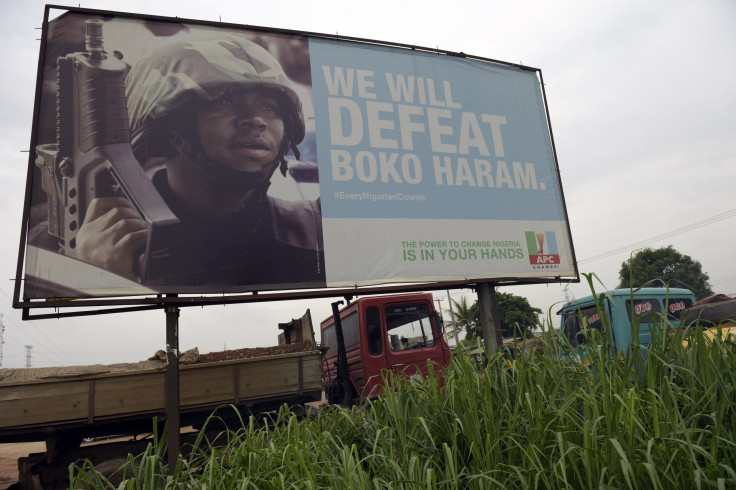Boko Haram Update: Nigeria’s Buhari Admits More ‘Work To Be Done’ Against Extremists In 2016

After missing his self-imposed year-end deadline to defeat Boko Haram, Nigeria’s President Muhammadu Buhari was careful in the rhetoric he employed in his New Year’s Eve address to the country. In the speech, Buhari recognized the progress his troops have made in the fight against the Islamist militant group, but reassured Nigerians that he knew there was “still a lot of work to be done in the area of security,” Agence France-Presse reported.
“Our armed forces will maintain, consolidate and build on their successes in the war against Boko Haram and violent extremism,” the Nigerian Tribune quoted Buhari as saying in his speech. “This government will not consider the matter concluded until the terrorists have been completely routed and normalcy restored to all parts of the country that have been adversely affected by the Boko Haram insurgency.”
Buhari has come under fire recently for his statements about Boko Haram and his handling of the extremist organization that’s been active in Africa since 2002. The president, who was elected in March on a platform that promised to vanquish the group, told reporters last month the Nigerian military had “technically won the war” because it had hindered the insurgents’ abilities to launch large-scale attacks on city centers.
But much of Nigeria was still feeling the presence of Boko Haram, which killed 6,644 people in 2014 alone.
“Certainly the threat has not gone away,” Elizabeth Donnelly, the assistant head of the Africa program at the London-based Chatham House think tank, told NBC News. “It does seem that there has been a ratcheting-up of attacks against civilians. ... This might be because of the pressure coming from the Nigerian armed forces.”
Buhari’s potential actions aimed at Boko Haram in 2016 could include banning hijabs, which are frequently worn by suicide bombers, and negotiating the releases of more than 200 kidnapped schoolgirls.
© Copyright IBTimes 2024. All rights reserved.












